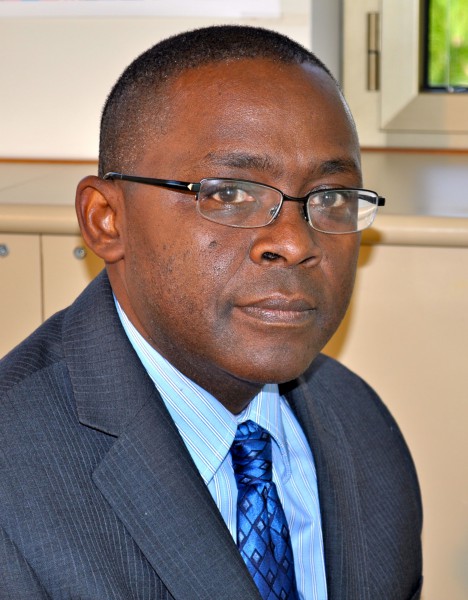Science capacity-building in the developing world, a core mission of UNESCO-TWAS, is an indispensable tool for building strong institutions and supporting innovation, says TWAS Executive Director Romain Murenzi in a new podcast episode of “Breaking Boundaries”, released in June by the Roberta Buffett Institute for Global Affairs, of Northwestern University in the United States.
 The podcast features stories of successful collaborations that help countries achieve the United Nations Sustainable Development Goals, and supports the Institute mission to bring together intellectual leaders across disciplinary and geographic borders to address the world’s major challenges.
The podcast features stories of successful collaborations that help countries achieve the United Nations Sustainable Development Goals, and supports the Institute mission to bring together intellectual leaders across disciplinary and geographic borders to address the world’s major challenges.
In the podcast, Murenzi details his life as a Rwandan refugee growing up in neighbouring Burundi, how he acquired an interest in physics that led to his leaving for the developed world and achieving full professorship in the field, and his later return to post-genocide Rwanda to serve as its Minister of Education, Science, Technology and Scientific Research. He also details the mission of TWAS, and how it strengthens science capacity—the ability of a country’s institutions to continuously and sustainably train scientists and conduct scientific research—in the developing world.
An important component of that, he said, is South-South fellowships, in which early-career scientists from one developing country receive PhD or postdoctoral training in another developing country. Another is to help developing world scientists achieve the mobility they need to train elsewhere and return home afterward with new knowledge and experience.
“Now we have more than 1,200 students doing PhDs in [TWAS] centres in the South,” Murenzi said. “So, we call it a South-South Fellowship Programme. But, we have also what we call mobility. We want somebody who is in a lab in the South to come in the North and spend one, two, to three months [there].”
Murenzi also discussed poverty reduction, and how investments in science and technology are necessary for growing and transforming developing world economies. As an example, he cited coffee-washing technology, well known in the global North but not quite as familiar in parts of sub-Saharan Africa until the technology was provided through international aid.
“If you want to reduce poverty, you need to grow your economy and you cannot grow your economy if you don't invest in science and technology,” he explained. “So, that is something that is very, very important.”
Sean Treacy

